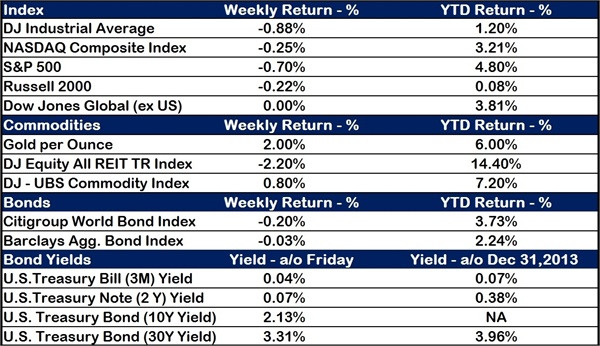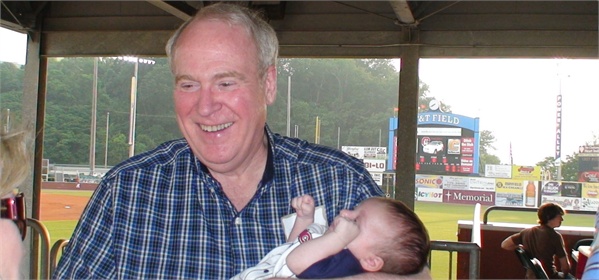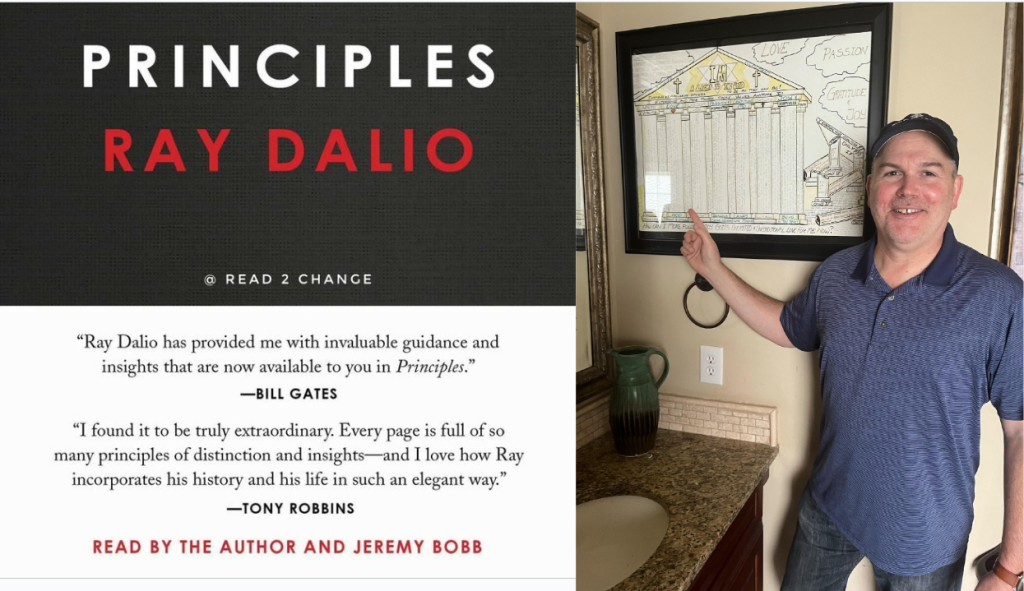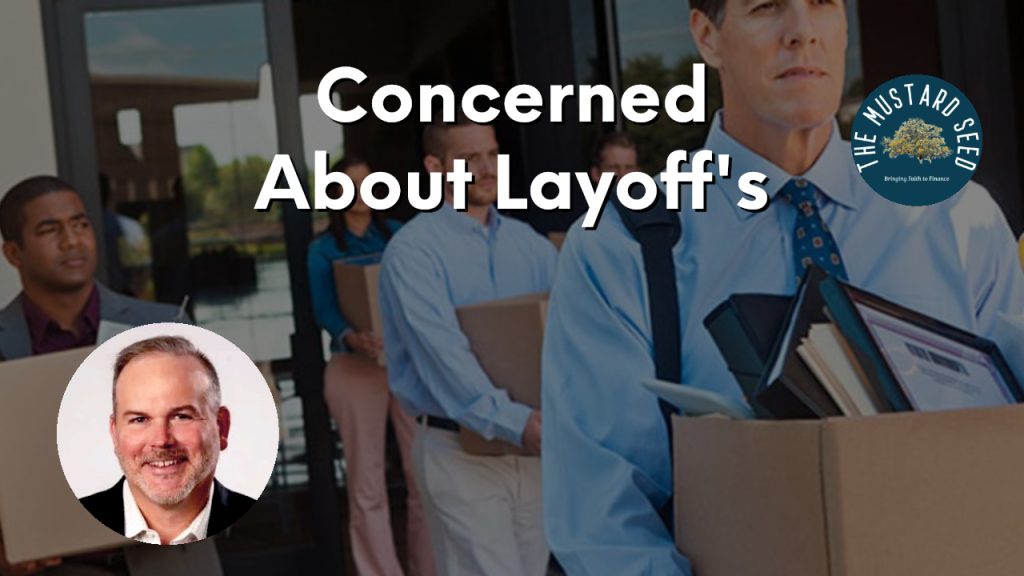“Papa John” with our middle son Jack at the Lookouts in 2008.
Yesterday, the family took the boat out and about for Father’s Day. The lake was relatively uncrowded because many of the weekend boaters had headed down the river to see the fireworks at River Bend. It was nice not having to compete with too many boaters as is the case on many holidays. This Father’s Day reminded me of the last Father’s Day that we had spent on the lake with my dad (who liked to be called “Papa John” by the grandkids). He never got a chance to meet his latest grandson, Walker, although our youngest definitely reminds me of him. They both have the same build, the same coloring, similar personalities and almost the same birthday (Walker missed being born on dad’s birthday by just a couple of hours).
It seems that we as sons become more like our dad’s over time. This can be a considered both good and not necessarily optimal. As I grow older I find more people telling me I remind them of my father. The receding hairline definitely plays a part, but I think it’s our personalities more than anything. I’d like to think I’ve learned a few things from him over the years, both by example and otherwise.
A few things I remember from my father include:
“Don’t take yourself too seriously” – Dad would always tell me I worried too much about what other people thought about me. Over time I’ve become more comfortable with myself and more secure in all situations. I think about him saying this many times when I might not feel as confident as I should. What happens in any given interaction does not change who you are and the value you bring to the table.
“Always believe in yourself” – No one is going to believe in you as much as you. Everyone is capable of truly amazing things if they are committed enough to achieve them. “Hard work beats talent every time when talent fails to work hard.” The other corollary to this is to find what you are truly talented at (and enjoy) and focus on that.
Perseverance – Never give up on your goals and dreams. I try to teach this to Jack and Sydney when it comes to sports, board games and even video games. We stick it out to the end. I might occasionally (rarely) let them win if they’ve come back from a big deficit to teach them the value of mental toughness in the face of adversity.
“Working hard and living frugally pays off in the end” – Dad always put in the hours to get ahead. When he was younger he watched his expenditures very closely. It is interesting to see those over my lifetime who have done the same thing and sacrificed early to live well in their later years. With life expectancies increasing, these later years can be very enjoyable if someone makes commitments early in life.
“No matter how good you are or how far you have come, you can always improve” – Constant and never ending improvement is a mantra preached by many these days and I would encourage everyone to take it to heart. Dad was not content just getting his MD and being a resident at Vanderbilt. He took a year out of his life to take a fellowship in Melbourne, Australia to become the first micro-surgeon in the country. Even after this he was always learning and making extra distinctions both professionally and in his personal life.
“Always learn from your mistakes” – We all make mistakes. Anyone who tells you differently is either not entirely truthful or does little of anything in their life. All we have to do to realize how often we make mistakes is to play a game of chess, backgammon, cards or engage in some sort of sporting event. Often the individual or team who makes the least mistakes wins. We have to experience many of these in order to learn and get better over time.
“While it’s good to learn from your mistakes, it’s better to learn from other people’s mistakes” – Finding a mentor, advisor or coach can be invaluable in that they are aware of, have been a part of or are highly educated on all the things that could go wrong. More importantly, they typically know better than you might regarding doing things the correctly the first time.
“Don’t wait until retirement to enjoy life” – Enjoy the journey. Dad knew how to have a good time. He took time off to experience life to the fullest and recharge his batteries. I’ve found this is very important over time. He never fully retired before he passed away, but he adjusted his life and his work to get all the juice out of life. If you love what you do, why do you ever need to retire?
“Time with your family and loved ones is precious” – This has become more evident to me after my father passed away. We do not get this time back, so make the most of it.
“Always take the time to let people know you love and appreciate them” – Dad always said “I love you” at the end of every conversation. I like to tell people he was much like a tootsie roll pop with a hard crunchy outside and a soft chewy inside. He always let you know how much he loved you and appreciated you, however.
WHY ARE THE WORLD’S WEALTHIEST HOLDING SO MUCH CASH?
A Reuters report out of London last week seems to indicate the world’s wealthiest people are more concerned right now about high risk of losing wealth than the potential of adding to their wealth.
The report says that the world’s wealthiest investors have raised cash levels to more than double what they held in 2006 and 2007, prior to the 2008 meltdown. The report notes that a survey of 4,000 “rich investors” by Legg Mason shows they are holding an average of 26.5% in cash. An estimate by Wells Fargo Asset Management puts cash among its wealthiest clients at 40%.
Those are huge numbers given the very wealthy cannot raise cash as easily as ordinary investors. (Yet, we always learn after market plunges that even those with huge mega-holdings, like Warren Buffett, billionaire hedge fund managers, and other members of the “top 5%”, somehow managed to quietly raise many $billions in cash prior to market tops, and put it back to work at the lows, scooping up beaten down stocks and indexes at their lows).
Do they have it right this time in raising and holding so much cash?
We have to remember many turned very defensive last year and got it wrong, under-performing last year’s big market gain. We had quite a lot of warnings last spring from so-called ‘smart money’. Retail investors were right to ignore the risk while the ‘smart money’ was wrong to be concerned about it in the short run.
According to the Reuters report even more cash is being raised this year. George Soros was reported to have increased his bet against the S&P 500 from $1 billion to $1.3 billion. Corporate insiders are selling at a very heavy pace, and so on.
Will continue to be wrong? It’s possible. It may be that they are just a little early in making their predictions. They did not get to where they are by being wrong very often.

Joe D. Franklin, CFP is Founder and President of Franklin Wealth Management, and CEO of Innovative Advisory Partners, a registered investment advisory firm in Hixson, Tennessee. A 20+year industry veteran, he contributes guest articles for Money Magazine and authors the Franklin Backstage Pass blog. Joe has also been featured in the Wall Street Journal, Kiplinger’s Magazine, USA Today and other publications.
Important Disclosure Information for the “Backstage Pass” Blog
Please remember that past performance may not be indicative of future results. Indexes are un-managed and cannot be invested into directly. Index returns do not reflect fees, expenses, or sales charges. Index performance is not indicative of the performance of any investments. Different types of investments involve varying degrees of risk, and there can be no assurance that the future performance of any specific investment, investment strategy, or product (including the investments and/or investment strategies recommended or undertaken by Franklin Wealth Management), or any non-investment related content, made reference to directly or indirectly in this blog will be profitable, equal any corresponding indicated historical performance level(s), be suitable for your portfolio or individual situation, or prove successful. Due to various factors, including changing market conditions and/or applicable laws, the content may no longer be reflective of current opinions or positions. Moreover, you should not assume that any discussion or information contained in this blog serves as the receipt of, or as a substitute for, personalized investment advice from Franklin Wealth Management. To the extent that a reader has any questions regarding the applicability of any specific issue discussed above to his/her individual situation, he/she is encouraged to consult with the professional advisor of his/her choosing. Franklin Wealth Management is neither a law firm nor a certified public accounting firm and no portion of the blog content should be construed as legal or accounting advice. A copy of Franklin Wealth Management’s current written disclosure statement discussing our advisory services and fees is available for review upon request.





